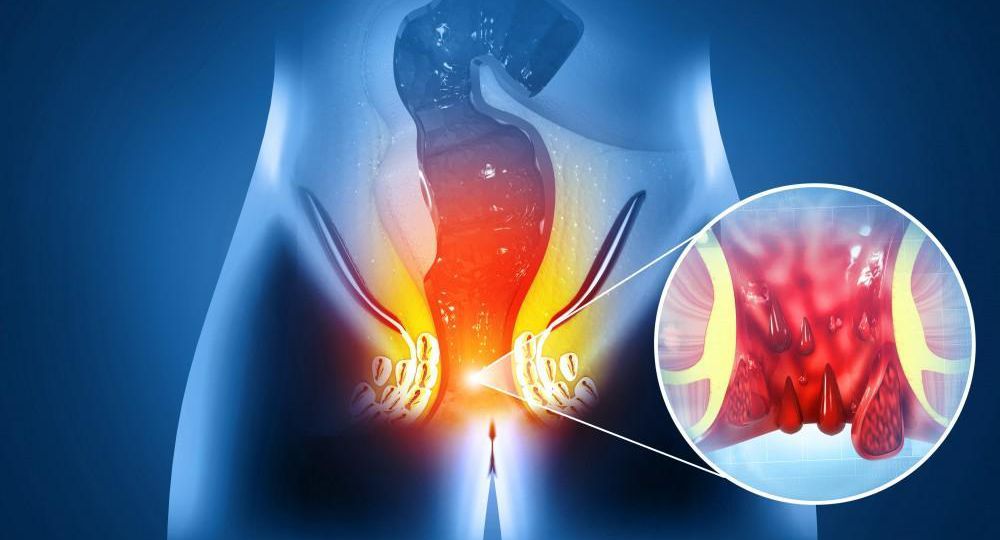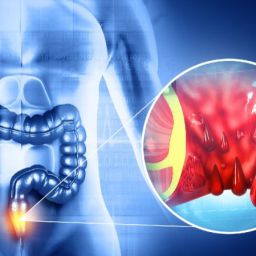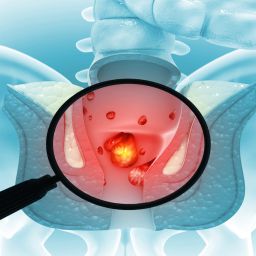
1. Processed Foods and Refined Carbohydrates
Processed foods and refined carbohydrates are among the main culprits when it comes to digestive issues that can exacerbate hemorrhoids. These types of foods are typically low in fiber and can contribute to constipation, which is a significant factor in the development of hemorrhoids.
- Examples of Processed Foods to Avoid:
- White bread and pasta
- Snack foods (chips, cookies, etc.)
- Fast food or pre-packaged meals
- Canned or frozen meals
Why to Avoid Them: Processed foods are high in unhealthy fats, sugars, and artificial additives, all of which can disrupt digestion and lead to constipation. Without enough fiber, stool becomes hard and difficult to pass, increasing the risk of straining during bowel movements, a leading cause of hemorrhoid formation.
What to Eat Instead: Choose whole-grain alternatives such as whole wheat bread, brown rice, quinoa, and oats. These foods are rich in fiber, which helps to promote smooth and regular bowel movements.
2. Red Meat
Red meat, particularly fatty cuts, can be problematic for individuals with hemorrhoids. Not only is red meat often low in fiber, but it is also high in saturated fats, which can contribute to constipation by slowing down digestion.

- Examples of Red Meat to Avoid:
- Beef
- Pork
- Lamb
- Processed meats (sausages, bacon, hot dogs)
Why to Avoid Them: Red meat is difficult for the body to digest and can slow down the digestive process, leading to constipation. The lack of fiber in red meat also means that it doesn’t help soften stool, leading to harder bowel movements that can cause strain and aggravate hemorrhoid symptoms.
What to Eat Instead: Opt for lean protein sources, such as fish, chicken, turkey, tofu, or plant-based protein sources like beans, lentils, and chickpeas. These are easier on the digestive system and provide fiber.
3. Dairy Products
Dairy products can also contribute to constipation, especially for individuals who are lactose intolerant or have sensitive digestive systems. Dairy can lead to gas, bloating, and digestive discomfort, which can worsen hemorrhoid symptoms.
- Examples of Dairy Products to Avoid:
- Whole milk
- Cheese
- Butter
- Cream-based products
Why to Avoid Them: Dairy is low in fiber and can lead to hard stools, especially in individuals who experience difficulty digesting lactose. Additionally, fatty dairy products can slow digestion, which can worsen constipation and lead to hemorrhoid flare-ups.
What to Eat Instead: Choose dairy alternatives like almond milk, soy milk, or coconut yogurt, which tend to be easier on the digestive system. Additionally, incorporating more plant-based sources of calcium and protein, such as leafy greens, fortified plant-based milks, and seeds, can help maintain a balanced diet.
4. Spicy Foods
Spicy foods, while often tasty, can irritate the digestive tract and exacerbate the discomfort associated with hemorrhoids. Capsaicin, the active compound in chili peppers, can irritate the mucous membranes of the digestive system, leading to discomfort and potentially worsened hemorrhoid symptoms.

- Examples of Spicy Foods to Avoid:
- Hot peppers (jalapenos, habaneros)
- Spicy sauces (hot sauce, curry)
- Spicy seasonings and condiments (chili powder, paprika)
Why to Avoid Them: Spicy foods can irritate the gastrointestinal system and may lead to issues like acid reflux, indigestion, or diarrhea, which can make hemorrhoid symptoms worse. Additionally, the irritation can cause burning sensations around the anus and worsen itching or swelling.
What to Eat Instead: Mild herbs and spices like ginger, turmeric, and cinnamon can add flavor to meals without irritating the digestive system. They also provide anti-inflammatory benefits, which may help alleviate some of the swelling and discomfort caused by hemorrhoids.
5. Caffeine and Alcohol
Both caffeine and alcohol are dehydrating and can lead to constipation if consumed in excess. Since dehydration is one of the primary causes of constipation, reducing or eliminating these beverages can help prevent hemorrhoid flare-ups.
- Examples of Beverages to Avoid:
- Coffee
- Tea (especially caffeinated varieties)
- Energy drinks
- Alcohol (beer, wine, spirits)
Why to Avoid Them: Caffeine and alcohol can dehydrate the body and the digestive system, leading to harder stools that are more difficult to pass. The dehydration can also slow down the movement of food through the digestive tract, increasing the likelihood of constipation and straining during bowel movements.
What to Drink Instead: Opt for plenty of water, herbal teas (such as chamomile or peppermint), and fresh fruit juices. These can help keep the digestive system hydrated and functioning smoothly. Adding fiber-rich drinks, such as smoothies, can also support digestion.
6. Fried and Fatty Foods
Fried and fatty foods are another group of foods that can hinder proper digestion and contribute to constipation. These foods slow down the digestive process and can cause bloating and discomfort, especially for individuals already dealing with hemorrhoids.
- Examples of Fried and Fatty Foods to Avoid:
- Fried chicken, fries, and fast food
- Potato chips
- Fried snacks and appetizers
- High-fat snacks (cheese, donuts, pastries)
Why to Avoid Them: Fried and fatty foods contain unhealthy fats that slow digestion and contribute to constipation. These foods also increase inflammation in the body, which can worsen the swelling and discomfort associated with hemorrhoids.
What to Eat Instead: Choose healthy fats found in avocados, nuts, seeds, and fatty fish like salmon. These fats support digestion without contributing to constipation or inflammation.
7. Foods High in Salt
A high-sodium diet can contribute to fluid retention, leading to bloating and discomfort. Excess sodium also tends to dehydrate the body, making it more prone to constipation. This can exacerbate hemorrhoid symptoms and increase the risk of flare-ups.
- Examples of Salty Foods to Avoid:
- Canned soups and meals
- Processed meats (sausages, deli meats)
- Packaged snacks (chips, pretzels)
- Salted nuts and crackers
Why to Avoid Them: High salt intake increases water retention and dehydration, both of which can lead to constipation and harder stools. Additionally, excess salt can increase blood pressure, which can worsen hemorrhoid-related swelling.
What to Eat Instead: Focus on fresh, whole foods and use herbs and spices for seasoning instead of salt. Opt for low-sodium alternatives when purchasing packaged products.
Managing hemorrhoids through diet involves making conscious choices about the foods you eat and avoiding certain foods that can worsen your symptoms. A high-fiber diet with plenty of water and healthy fats is essential for maintaining digestive health and preventing constipation, a key contributor to hemorrhoid flare-ups.


